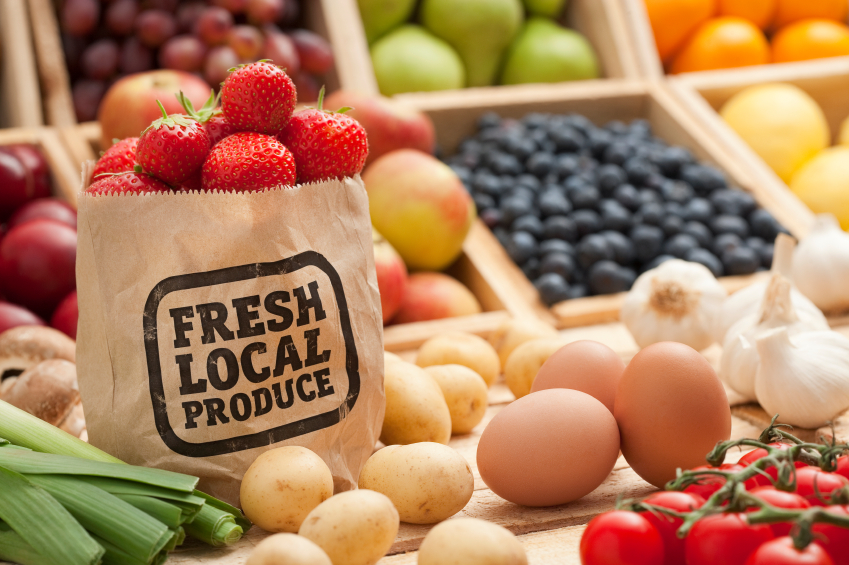Why you cannot find organic versions of your favorite foods …
April 23, 2016
 665
665 
Ever wonder why it’s so hard to find organic versions of some of your favorite foods? It’s because we’re still not growing enough organics in America.
As demand for organic food soars, major retailers like Costco are unable to keep up. That’s because less than 1 percent of American farmland is dedicated to growing organic crops.
Growing more organics would not only make them more affordable and accessible for consumers, but would also play a huge role in protecting our health and environment.
Right now, too many of your tax dollars go to big, profitable agribusinesses that don’t need the help and to absentee owners who don’t live anywhere near a farm. Even billionaires are receiving farm subsidies from the federal government – money that could be much better spent if it were invested in more organic farming.
Study after study shows that organic agriculture preserves biodiversity, reduces water pollution, improves soil health and saves energy. And food grown organically is free of antibiotics, synthetic hormones and toxic pesticides.
Growing organic’s share of the food supply and farm landscape is not just feasible; it is imperative. Because an organic system that remains the equivalent of private school for food – available only to those who can afford and find it – will not bring the change we all seek.
We can put pressure on our local representatives…but real change only comes if there is a viable economic benefit…whereby farmers and big food corporations benefit- BUY ORGANIC AS MUCH AS YOU CAN!
I know I do!

A new study suggests that a widely used sugar substitute found in diet sodas, chewing gum, and low-sugar yogurt may elevate insulin levels. This could increase the long-term risk of heart disease. “Artificial sweeteners have infiltrated nearly all types of food, making it crucial to understand their long-term health effects,” said Yihai Cao, senior author […]

Diet Coke has long been a fan-favorite among soda lovers who want a fizzy, guilt-free alternative to traditional soft drinks. While its zero-calorie, zero-sugar label makes it seem like a healthier option, the reality is far more concerning. Despite its undeniable popularity, Diet Coke’s nutritional profile has raised red flags among health experts for years. […]

New study shows that embracing an anti-inflammatory, plant-forward diet can support cognitive function and help reduce the risk of dementia. What You Eat Shapes Your Brain The food you eat doesn’t just impact your body—it also affects your brain. Research suggests that eating an anti-inflammatory, plant-based diet can help improve memory, focus, and overall brain […]